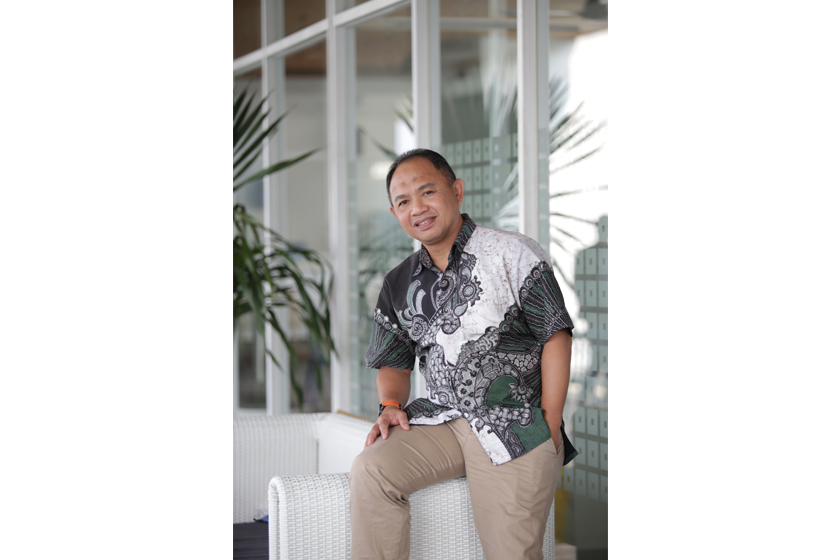Project leader: Mr. Subhan Petrana
Level of education and university: Short Course, Griffith University
Collaborating Organisations: Faculty of Engineering Universitas Khairun, SMKN 2 Ternate, and PT Suryavardhana Global Korpora
Project Location: Ternate, Maluku Utara
Activity Type: Training, workshop or seminar
Sector: Climate change
Project Rationale:
Indonesia is vulnerable to energy security and climate change issues. Currently, most of the power plants in Indonesia are still supplied by fossil fuel. It is recognised that the ongoing demand for electricity is accelerating. However, fossil fuel cannot be used as a sustainable solution for electricity generation because it is a depletable resource and produce greenhouse gas emissions. To anticipate it, the Government of Indonesia has set an ambitious target to utilise renewable energy resources that provide 23% of Total Primary Energy Supply (TPES) by 2025. As a part of this plan, Indonesia has established policy through Ministry of Energy and Mineral Resource (MoEMR) Regulation No. 49/2018 on Utilisation of Rooftop Solar Panels to provide an opportunity for the electricity consumers to install rooftop solar panels and contribute in renewable energy utilisation.
According to Global Solar Atlas, North Maluku has an enormous potential of solar energy resource with the average daily solar irradiation is 5.0 kWh/m²/day. It shows that solar panels are suitable to implement in North Maluku.
Project Beneficiaries:
50 selected vocational students in Ternate, North Maluku
Priority Development Area:
Economic institutions and infrastructure
Link with Australian organisation: -


 The Rooftop Solar Panels Workshop and Seminar in North Maluku
The Rooftop Solar Panels Workshop and Seminar in North Maluku
